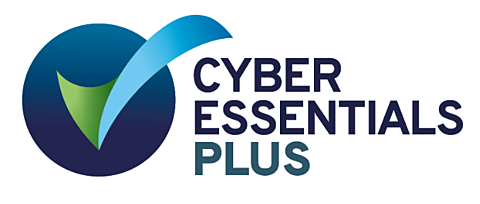Moving to a Master Trust
13 Dec 2021
The challenge
The company had recently undertaken a strategic review of its DC arrangements and concluded that there were efficiencies to be made in the DC running costs. A Master Trust might provide the most cost efficient means of providing the DC benefits, but as their DC adviser also runs a Master Trust, the company recognised that the adviser would be conflicted.
We were appointed as a result of our independence and ability to objectively assess and comment on the market, as well as helping to capture our client’s requirements. We led an independent review of options, which subsequently developed into a selection exercise, once it became clear that a Master Trust was most appropriate for the company.
The approach
We developed a request for proposal (RfP) built around the company’s requirements for cutting costs, reducing the governance burden and providing all its DC arrangements under one umbrella. Working with the company, we short-listed a selection of five different Master Trust providers (covering different approaches) and asked them for a response. Based on these responses, we were able to choose three providers that could best meet the company’s requirements.
Having decided that a Master Trust was the best option, the client agreed to proceed with a selection exercise. We then developed a more detailed RfP focusing on the investment product, services to members, transition costs and implementation process. Each provider was given the opportunity to meet the company and ask questions about its requirements. We summarised the responses for the company focusing on what was most important to make a decision and providing independent commentary. The providers presented their propositions to the company in a day of face to face meetings. The company assessed each provider using a selection criteria matrix, prepared by Muse, with criteria weighted by importance.
Following the presentations, it became clear that one of the providers could be discounted leaving the choice between one of two providers. As each provider offered a good product, with good service, at a competitive price, we were asked to build a business case for each to aid the company’s decision making.
The business case set out a side-by-side comparison of the costs to move to a Master Trust for the company and members, and the value that could be added to members through the investment strategy, administration, communications strategy, guidance/ advice and options for members to take their benefits flexibly at retirement.
The outcome
The Master Trust providers were compared in light of their services, product and value to the company and members. A conclusion was made to move the DC arrangements to the provider that the company felt would best meet its and the members’ needs.
The Master Trust market is laden with conflicts, and it is often the case that advisers could move their client into their own Master Trust solution. This might be an easy option, but not necessarily the right one for members.
We were able to support our client, provide an independent assessment of the Master Trust market, and help them make an appropriate decision. We have no commercial ties or vested interests with any supplier, and our objective input was invaluable in helping the client reach a decision.
Key learnings
- The Master Trust market is rapidly developing. A time will come for consolidation. It is important to know that assets are secure and that discontinuance and exit provisions are clearly understood.
- Costs vary by provider and can include AMCs, monthly administration charges, implementation fees, annual governance charges, at-retirement costs to members and advice charges. Be clear on all the costs and extra charges before making the decision to move to a Master Trust.
- New providers are coming to an already saturated market and are unknown in respect of their quality and capabilities, and their ability to achieve scale. Consider all the risks.
- Understand the member experience and how the provider will engage and educate members on your behalf and the additional costs to tailor communications.
- Be comfortable in the governance structure and independence of the Master Trust’s Trustee Board.


